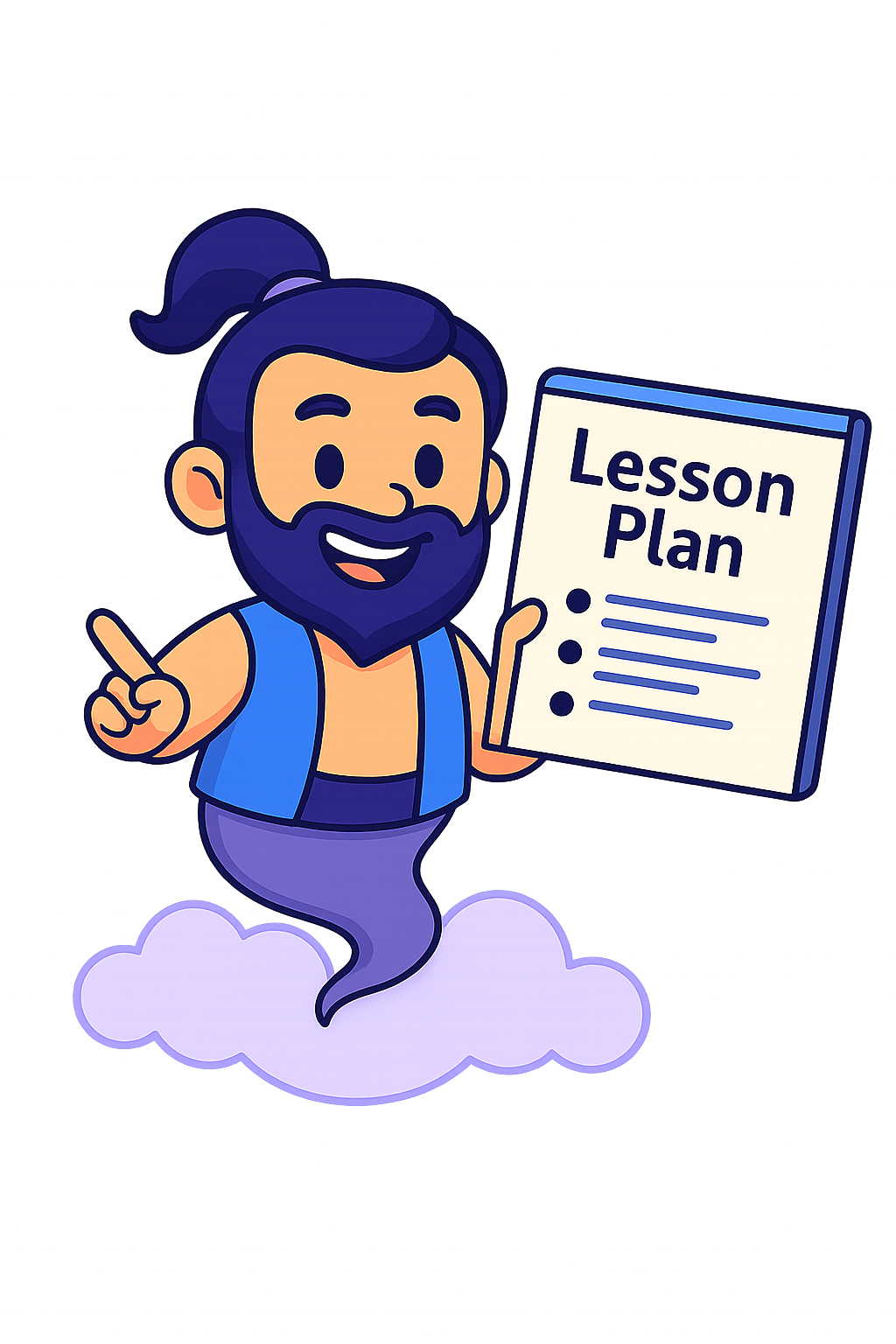 Identifying and Producing Rhyming Words
Identifying and Producing Rhyming Words
Objective: Students will be able to recognize and produce words that rhyme, supporting their phonological awareness as outlined in standard K.RF.3d.
Learning Objectives
- Understand what rhyming words are and why they are important.
- Identify pairs of words that rhyme from a set of pictures.
- Create their own rhyming words using simple examples.
Materials Needed
- Picture cards with simple words (cat, hat, dog, log, sun, fun)
- Rhyming word worksheet
- Crayons or markers
- Storybook with rhyming text (optional)
Key Vocabulary
- Rhyme
- Words that have the same ending sound, like ‘cat’ and ‘hat’.
- Phonological awareness
- The ability to hear and work with sounds in spoken language.
Detailed Activities
Introduction to Rhyming Words
- Explain to the child that rhyming words sound alike at the end.
- Show two picture cards, such as ‘cat’ and ‘hat’, and say the words aloud.
- Ask the child if the words sound the same at the end and emphasize the rhyming part.
Rhyming Word Match
- Lay out several picture cards with simple words.
- Ask the child to find pairs of words that rhyme, like ‘dog’ and ‘log’.
- Help the child say the words aloud and confirm the rhyme.
- Praise the child for correct matches and gently correct if needed.
Create Your Own Rhymes
- Give the child a word, such as ‘sun’.
- Ask the child to think of a word that rhymes with it, like ‘fun’.
- Use the worksheet to draw or write the rhyming words.
- Encourage the child to say the words aloud to hear the rhyming sounds.
Parent & Instructor Notes
- Be patient and encourage your child to listen carefully to the ending sounds of words.
- Use everyday objects and simple words your child knows to make rhyming fun and relatable.
- Repeat activities as needed to build confidence and skill.
Assessment Questions
- Can you tell me two words that rhyme from these pictures?
- What word rhymes with ‘cat’?
- Can you say a word that rhymes with ‘dog’?
Extension Ideas
- Read a rhyming storybook together and pause to identify rhyming words.
- Sing songs or nursery rhymes that include rhyming words.
- Create a rhyming word wall with pictures around your learning space.
Frequently Asked Questions
Try breaking down the words into smaller parts and emphasize the ending sounds slowly. Use songs or poems with clear rhymes to help develop their ear.
Short, frequent sessions of 5-10 minutes several times a week are effective for building phonological awareness.
Teacher’s Guide
Common Misconceptions:
- Children may confuse rhyming with words that start with the same sound instead of ending sounds.
- Some children might guess words that look similar but do not rhyme.
Scaffolding Ideas:
For Struggling Students:
- Use fewer word pairs and focus on very simple rhymes with common words.
- Incorporate multisensory aids like clapping to syllables and rhymes.
For Advanced Students:
- Challenge them to come up with multiple rhymes for one word.
- Introduce simple rhyming phrases or short poems.
Pacing Recommendations:
- Spend the first 10-15 minutes introducing and modeling rhymes.
- Use the next 20 minutes for interactive matching and producing rhymes.
- Reserve the last 10 minutes for review and creative rhyming practice.
Standards
- K.RF.3d — Demonstrate understanding of spoken words, syllables, and sounds (phonemes) by recognizing and producing rhyming words.
Printable Worksheet
Plan Your Own Lesson
Looking for a custom lesson plan? Try our Lesson Planning Generator — create standards-based plans for any topic, instantly!
Common Core Aligned Lesson Plans
Looking for another common core lesson? See all of the lesson plans here.
More Free Lesson Plans
We’re adding more every week! Check back soon or explore all our lesson plans here.

 Identifying and Producing Rhyming Words
Identifying and Producing Rhyming Words
Leave a Reply